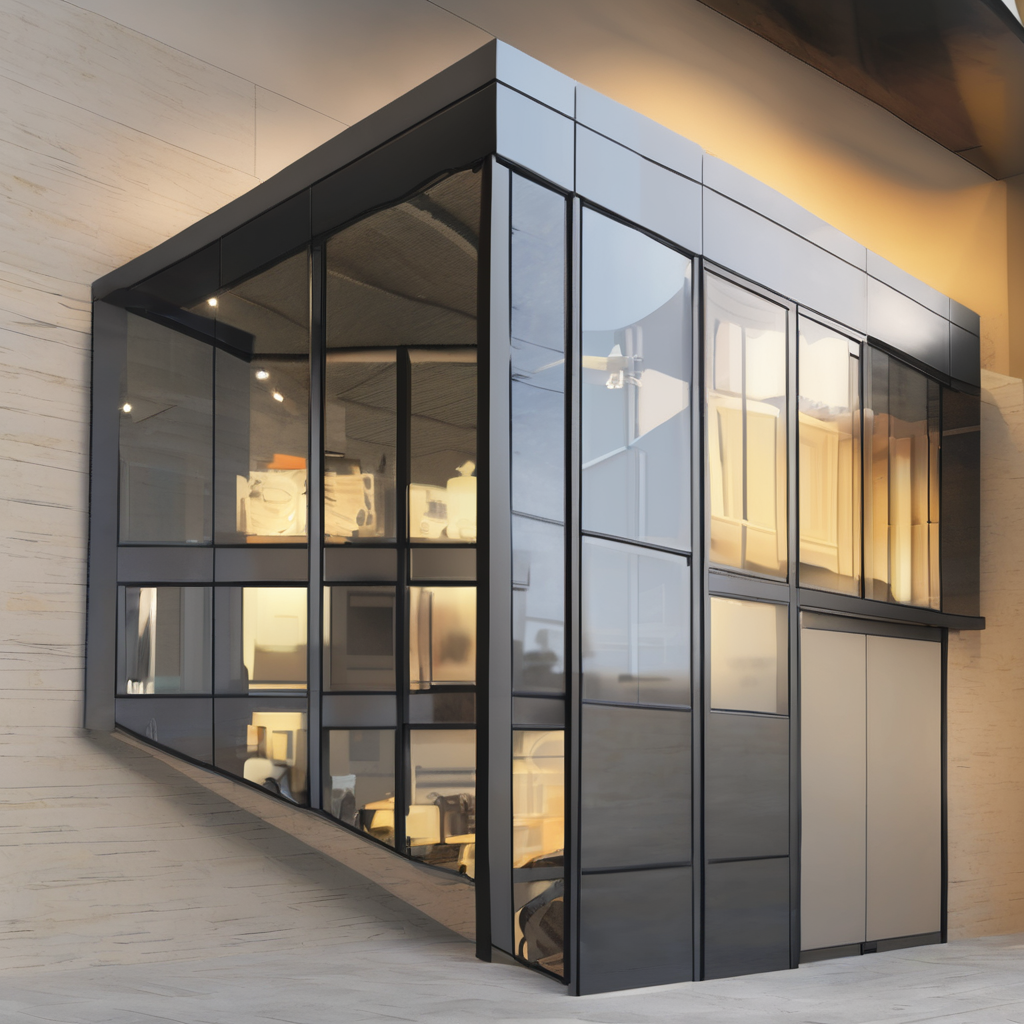UK’s Leading Technologies Reshaping Future Workspaces
The UK technology trends dominating workplace transformation highlight a vibrant fusion of innovation in UK offices. Start-ups and established tech firms alike are pioneering solutions that redefine workspace functionality and employee interaction. Among these advancements are intelligent building systems, AI-driven productivity tools, and real-time collaboration platforms that reflect the UK’s commitment to cutting-edge technology.
UK companies have leveraged their expertise to create environments where technology enhances both efficiency and employee satisfaction. For example, adaptive indoor climate control systems, born from UK innovation, automatically adjust temperature and lighting, tailoring conditions to occupant needs. This not only reduces energy consumption but also boosts worker comfort, a crucial aspect of workplace transformation.
Have you seen this : What impact does UK technology have on digital healthcare advancements?
The role of UK start-ups cannot be overstated—they inject agility and fresh perspectives into global workspace innovation. Established entities complement this with extensive R&D, jointly pushing the boundaries of what offices can offer. The combined efforts foster a landscape where technology seamlessly integrates into daily operations, epitomizing future-ready workspaces shaped by UK technology trends.
The Emergence of Smart Buildings in the UK
Smart buildings UK represent a pivotal shift in workplace transformation, driven by advanced IoT in offices and workplace automation. These buildings embed sensors and connected devices that monitor and control systems such as lighting, heating, ventilation, and security in real time. By linking these IoT-enabled components, smart buildings UK can adapt dynamically to occupancy patterns, reducing energy waste and improving comfort. For instance, automated blinds adjust according to sunlight intensity, while intelligent HVAC systems respond instantly to fluctuations in office density.
Also to see : Harnessing ai in igaming for product-led growth success
Workplace automation in these environments advances operational efficiency by leveraging data analytics. Real-time insights from IoT devices enable facility managers to optimize maintenance schedules, pre-empt system failures, and enhance safety protocols. This technological synergy supports sustainability goals by minimizing unnecessary energy consumption, a crucial aspect in the ongoing UK technology trends focusing on eco-friendly office solutions.
Moreover, the integration of smart building technologies demonstrates how innovation in UK offices fosters healthier, more responsive work environments. Enhanced air quality controls and personalized workspace settings directly contribute to employee satisfaction and productivity. Thus, smart buildings UK not only improve resource management but also embody the forward-thinking spirit of UK’s evolving workplace transformation.
Remote Collaboration Tools Developed in the UK
UK remote work technology has surged as a critical element in workplace transformation, enabling seamless virtual collaboration across diverse locations. British innovators have crafted sophisticated digital communication tools that support hybrid and remote work models, ensuring teams stay connected without physical proximity. These platforms integrate video conferencing, instant messaging, and project management features, creating unified digital workspaces.
A hallmark of UK remote collaboration solutions is their focus on user experience and adaptability. This flexibility caters to diverse industries, from finance to creative sectors, where workflows differ significantly. For example, UK remote work technology often incorporates AI-driven features such as real-time transcription and automated scheduling, enhancing productivity while simplifying communication.
Companies utilizing these UK-developed platforms report improved workflow coherence and reduced miscommunication risks. Moreover, virtual collaboration tools from the UK emphasise data security and privacy, addressing common concerns with remote work. This approach reassures organisations that sensitive information remains protected within these integrated environments.
In essence, innovation in UK offices extends beyond physical spaces into the digital realm, with remote collaboration tools playing a pivotal role in maintaining operational agility and employee engagement in today’s evolving work landscape.
Artificial Intelligence for Productivity and Employee Well-being
Artificial intelligence in UK offices spearheads workplace automation UK that optimizes workflows and bolsters employee well-being technology. AI-driven tools analyze work patterns to streamline task management, automatically prioritizing deadlines and suggesting workflow improvements. This targeted approach reduces cognitive overload and enhances productivity across various industries.
Employee well-being technology, developed within the UK, integrates AI to monitor stress indicators through wearable devices and digital feedback tools. How does this technology support mental health? By providing real-time data, it allows managers to identify workload imbalances or burnout risks promptly, enabling timely interventions. Such AI-powered systems can recommend personalized breaks or mindfulness exercises, aligning with individual needs and improving job satisfaction.
Particularly notable are UK innovators designing AI solutions that balance efficiency with human-centric concerns. For instance, smart scheduling algorithms consider employees’ wellness metrics, promoting healthier work rhythms rather than simply maximizing output. This blend of automation and empathy exemplifies UK workplace transformation focused on sustainable performance and well-being.
In summary, AI in UK offices goes beyond routine task automation. It shapes an adaptive, supportive environment by harmonizing productivity demands with employee health—a critical advancement in contemporary workplace automation UK.









